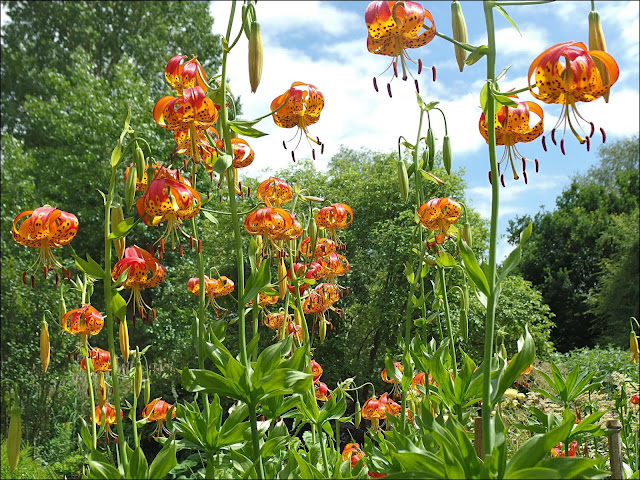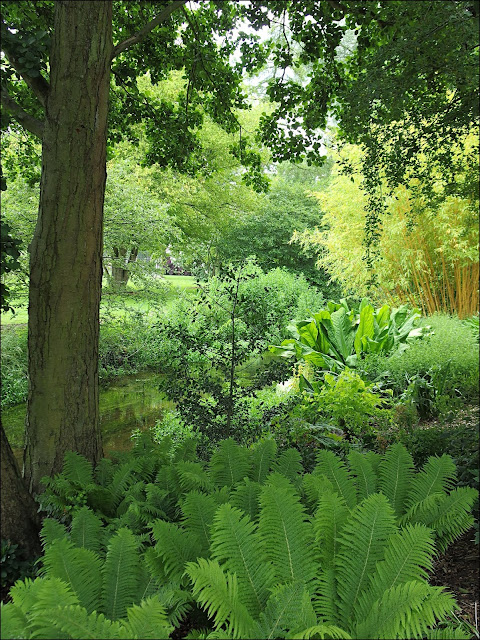A little album of scenes that presented themselves at Stotfold Working Steam Weekend last Saturday. And, as when playing an album or playlist of music, it's sometimes fun to press shuffle and see what unexpected juxtapositions and themes are thrown up. So if you want to see some cute cushions next to an old, greasy engine then you've come to the right place!
but all work and no tea....."
Would you like to spend a couple of minutes or so wandering around the tractors and threshing machines with Les?
I promise that we will escape from the world of steam and return to the English countryside very soon. It just so happens that there are several steam gatherings at this time of year - I think it might be deliberately arranged this way so that the heavy equipment doesn't have to be moved huge distances between venues.
Take care.





















































